Hardline asylum plan stirs up suburban idyll

The town hall assembly of Oberwil-Lieli last November might go down in the history of the village near Zurich. A group of citizens won a majority to accommodate asylum seekers despite strong opposition by the local council. This is a story about citizen’s involvement in politics, divided opinions and a dispute over a vote.
Getting off the bus at Lieli, from the busy streets of Switzerland’s biggest city on a Monday in January, the warm sunlight and the relative quietness are striking. Only a few cars and trucks pass the main street, here and there a pedestrian, while the whirring engines of building cranes can be heard. The call of crows regularly breaks the midday silence.
Strictly speaking, Oberwil-Leili’s tug of war over asylum seekers is a controversy at a local level. Put against the backdrop of the global issue of immigration it has gained considerable political and social importance and attracted the media spotlight.
It all came to a head for the first time on the evening of November 27, 2015, when a citizen committee called for the rejection of the local government’s proposal to set aside CHF290,000 ($284,000) in this year’s budget. The money was meant to free the village from housing asylum seekers under a plan by the cantonal authorities.
The move is not without a precedent, but a controversial television interview by the mayor of Oberwil-Lieli two months before fuelled tensions.
Asked by the reporter what he would advise a mother with two small children seeking refuge in Europe, Andreas Glarner doesn’t mince his words.
“They should turn back. Because they are potential welfare recipients and they will be sponging off us forever and ever.”
These statements on a main public television channel in neighbouring Germany marked the beginning of Johanna Gündel’s active involvement in local politics.
The language expert joined a committee of about 50 other citizens to voice their opposition against the local mayor. She acted as a speaker at public protests and spoke up at the regular citizens’ assembly in November.
“It was a tedious business and dragged on until 11.30 at night,” she remembers.
The memorable evening ended with an upset for the local authorities and prompted reactions on different levels.
Referendum, complaints, letters
A few days later, another group began collecting signatures, challenging the outcome of the town hall assembly to a popular vote. At the same time, a citizen linked to that group, filed a legal complaint over the alleged infringement of procedural rules and called for a new town hall meeting.
Amid growing media attention in the weeks before Christmas, the story began to take its course, leading to mutual accusations and suspicions between supporters and opponents of the official asylum policy.
“The village is divided, I can’t help noticing that,” says 25-year Gündel who grew up in the former farming village about 15km west of Zürich.
Despite her relatively young age, Gündel comes across as open and media-savvy. She seems unfazed by the public controversy but carefully chooses her words.
Forming an imaginary stack of letters with her right hand, she says she received plenty of encouragement for her involvement campaigning for a more humanitarian asylum policy. “Some even came from the United States and France.”
Far from overrating the impact of the result of the citizens’ assembly, she pleads for a policy in line with other communes, not least because Oberwil-Lieli has the lowest tax rate in the canton.
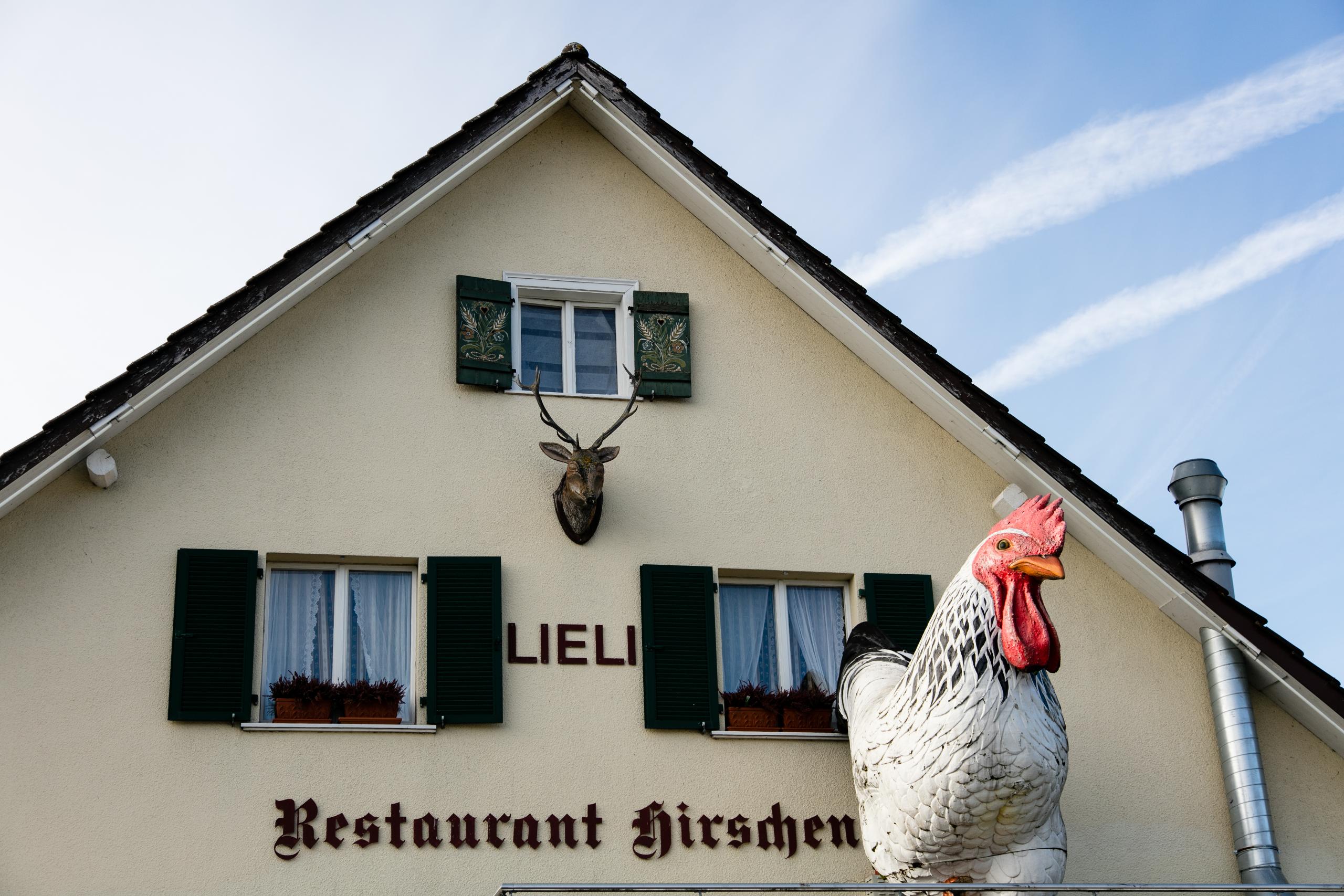
More
A village divided on asylum policy
Hardline anti-immigration
For his part, Mayor Glarner, a seasoned local politician, has also been rewarded with praise by his supporters. This hardline stance on immigration even secured him a seat for the conservative right Swiss People’s Party in the national parliament last October.
Glarner blames the media for portraying Oberwil-Lieli as a divided village.
“This is not the case at all. Like any other village in Switzerland, we have people with different political opinions. Normally this is no big deal because it is not so visible,” politely explains the smart 54-year-old part-time politician and owner of a company selling care products.
As mayor and member of the five-member local council, Glarner sees no reason to mediate between the two groups.
“I’m clearly in favour of setting an example and of refusing asylum seekers. Taking them in is merely fighting symptoms. Every commune that accepts asylum seekers raises false hopes and encourages more people to come here.”
It also incites human traffickers to make easy money and it will become more difficult to send asylum seekers back to their country once the situation has improved there, he argues.
He says more than 100 other communes in the canton haven’t taken in asylum seekers. However, the cantonal authorities have dismissed the figure as inaccurate. They say just over 70 of the canton’s 213 communes failed to meet the required quota last year. Most of them simply have no facilities to accommodate asylum seekers, officials said.
In the past, Glarner has been no stranger to political provocations as his election campaign shows. He prides himself on “straight talking” and “not beating about the bush”. Some of his critics even perceive him as high-handed.
Direct democracy
The story of Oberwil-Lieli with its 2,200 residents was hailed as a “moment of glory for democracy” by the editor-in-chief of a major Sunday newspaper.
Mayor Glarner agrees full heartedly. “This is democracy, Swiss-style. People have the final say. The Swiss can vote more often every year than citizens in other countries do over the course of their whole lives.”
“And if a majority of citizens eventually decide to house asylum seekers, the local council will follow suit and respect the result with all its consequences.”
The picture is more complex for Gündel.
“Of course it is positive that citizens can have a say on political issues, be it in a town hall assembly or in local or nationwide votes.”
Propaganda
But she seriously wonders if direct democracy isn’t increasingly exploited by interest groups launching initiatives on issues that are incompatible with the constitution and serve primarily as a marketing tool for a political party.
Gündel also doubts whether average citizens take the necessary time to form an opinion and if they can rely on solid information without falling prey to manipulation by spin doctors who distort facts and spread fears.
“The situation in Oberwil-Lieli is a case in point,” she says, referring to the legal complaint and the referendum against the verdict of the citizens’ assembly as well as bureaucratic hurdles. “This clearly isn’t the idea of direct democracy.”
In fact, a popular vote, initially foreseen for the end of February, has been delayed. The local council argued there was not enough time to prepare the ballot and provide the necessary information for voters.
Gündel regrets the postponement. “The legal situation remains uncertain and asylum seekers will have to wait.”
Transformation
Oberwil-Lieli, overlooking the Reuss plain and boasting an attractive panorama of the central Swiss Alps in the distance, has undergone a profound demographic transformation.
Like many other villages within commuting distance of urban centres, Oberwil-Lieli saw its population increase as affluent families moved into new housing. Lush villas changed not only the face of the westward looking hillside, but also marked local politics.
“The People’s Party has won a strong position in traditionally rural regions which have become part of the urban sprawl,” says Michael Hermann, political expert of the Sotomo research institute.
“Many citizens see their middle class lives as being under pressure. Often they strongly reject anything foreign as a result,” Hermann adds.
Local protests against asylum homes and criticism of the cantonal and national authorities have cropped up regularly in different regions of the country over the past few years.
Last Sunday, voters in canton Lucerne had the final say on a rightwing proposal to boost the autonomy of the local authorities on asylum matters at the expense of the canton. But the initiative was clearly rejected.
Voters will decide on a planned reform of asylum rules on June 5.
The revision, which was approved by parliament last year, allows the government to set up asylum centres and to grant asylum seekers free legal aid.
The People’s Party collected the necessary signatures to force a nationwide vote.

In compliance with the JTI standards
More: SWI swissinfo.ch certified by the Journalism Trust Initiative











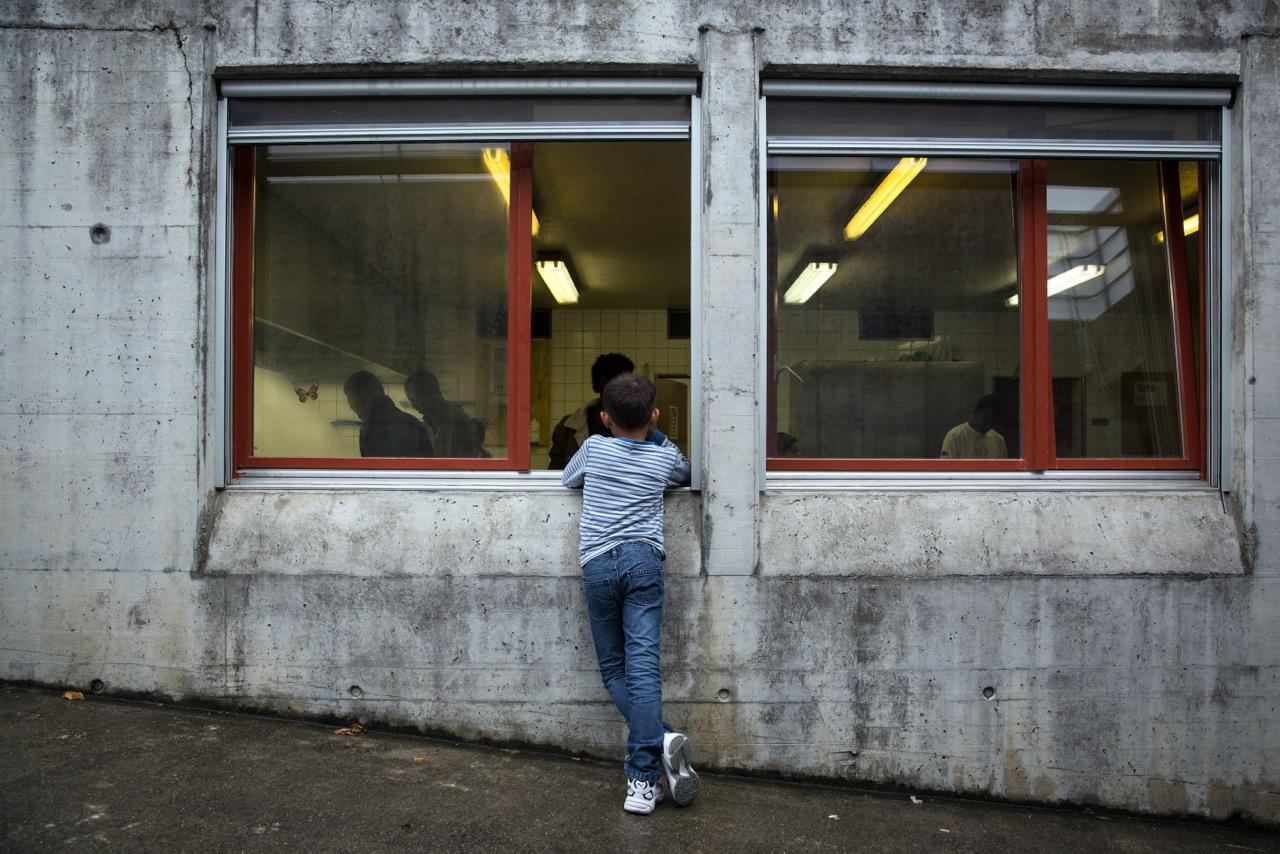
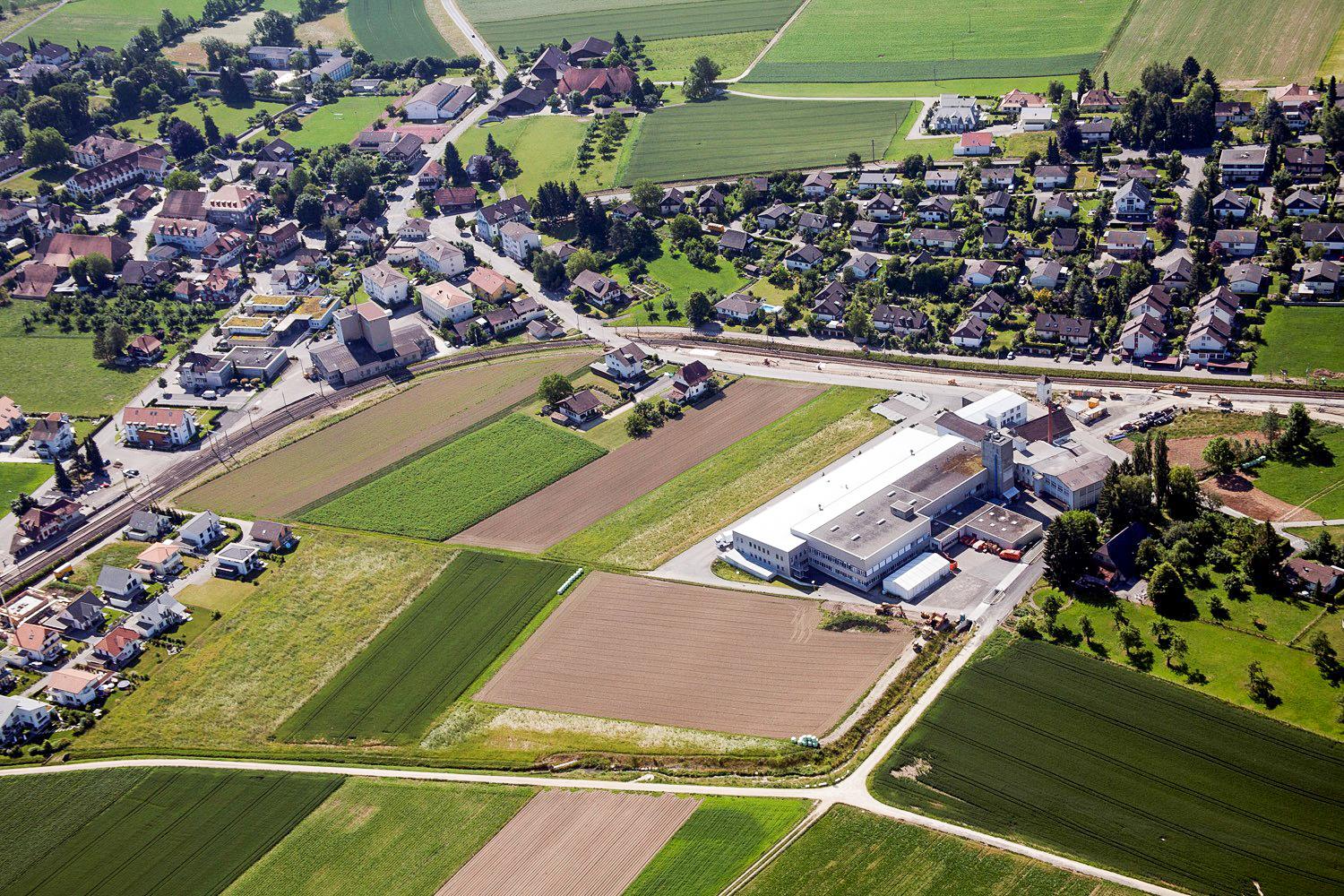
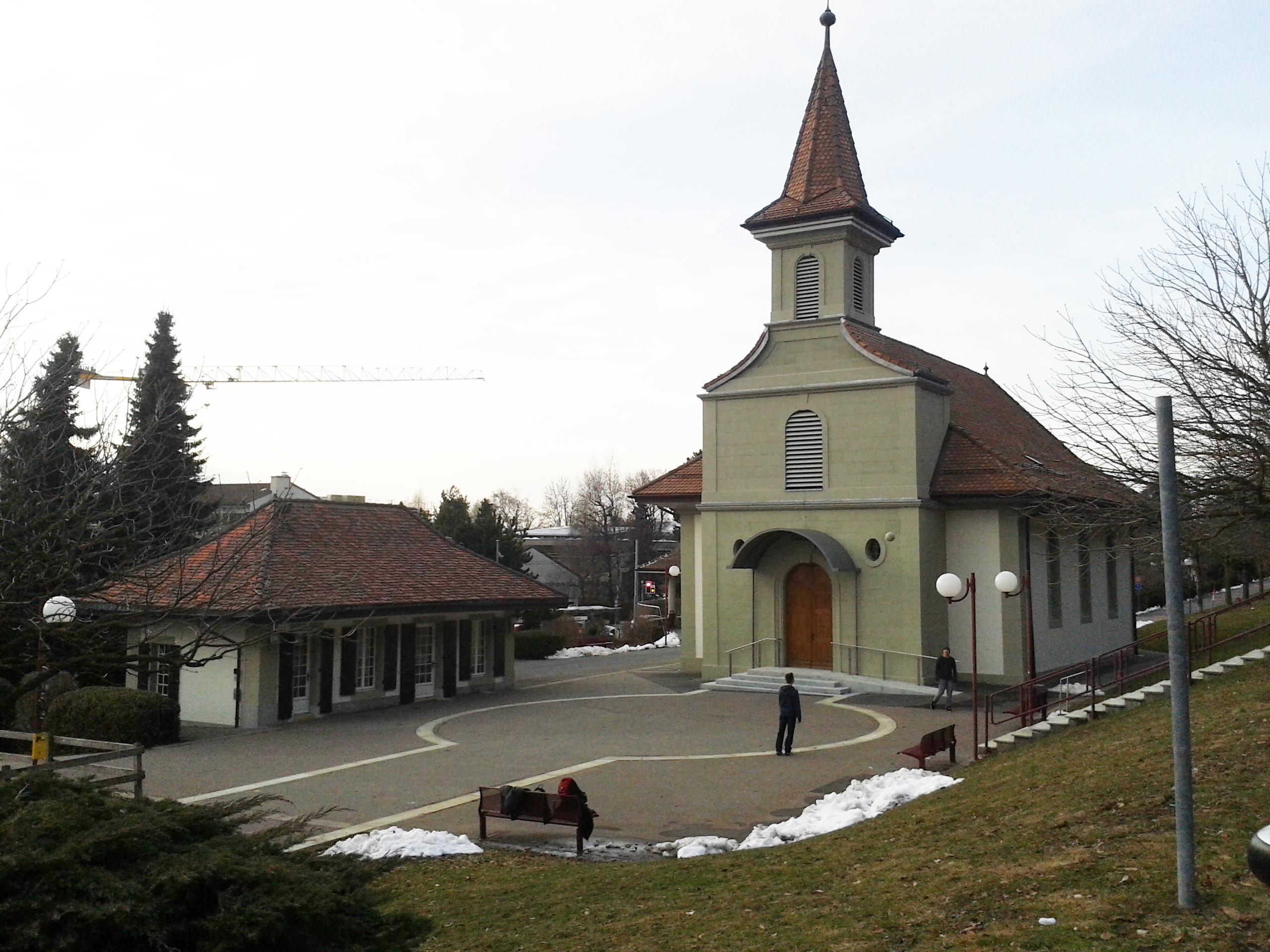
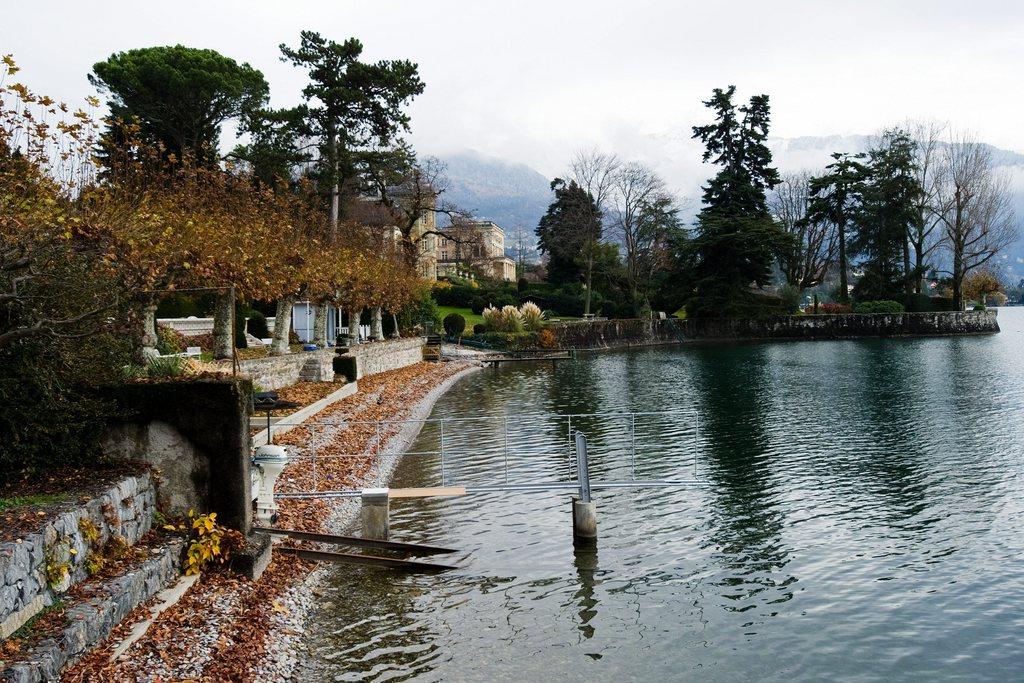
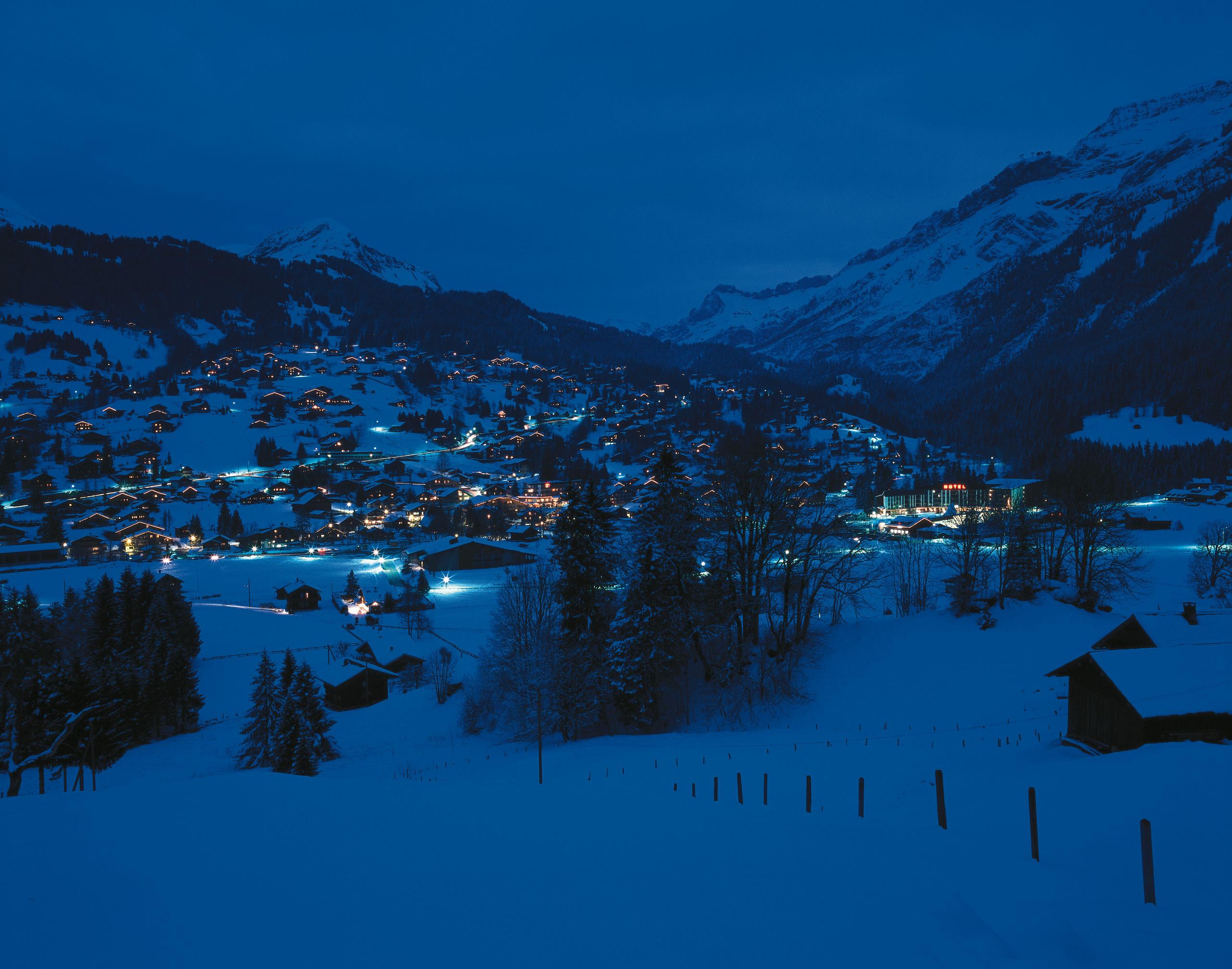
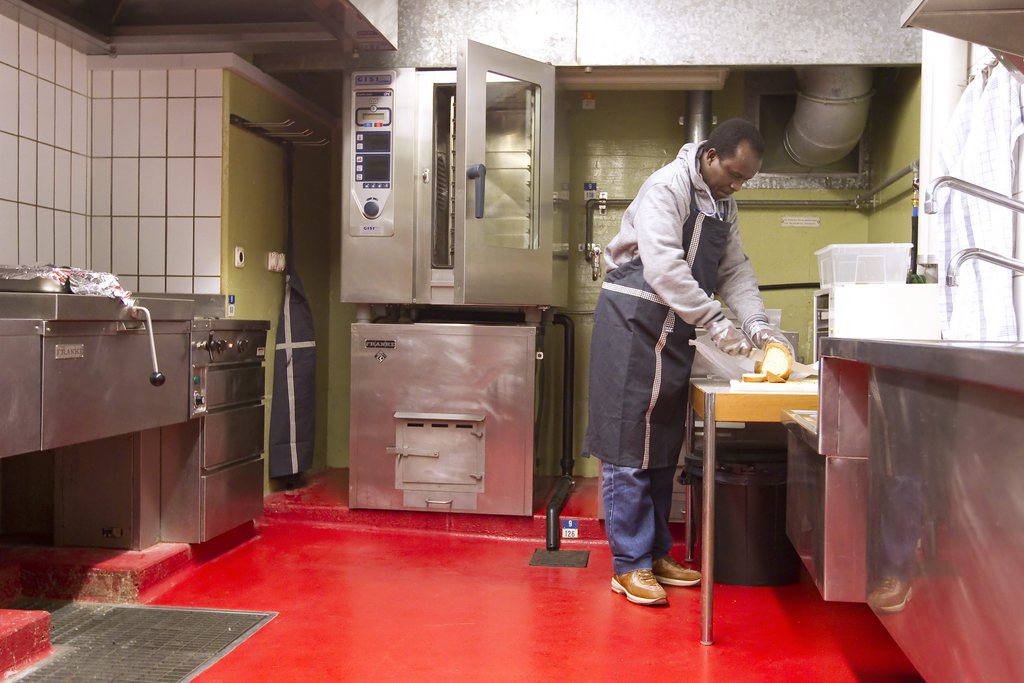


You can find an overview of ongoing debates with our journalists here . Please join us!
If you want to start a conversation about a topic raised in this article or want to report factual errors, email us at english@swissinfo.ch.